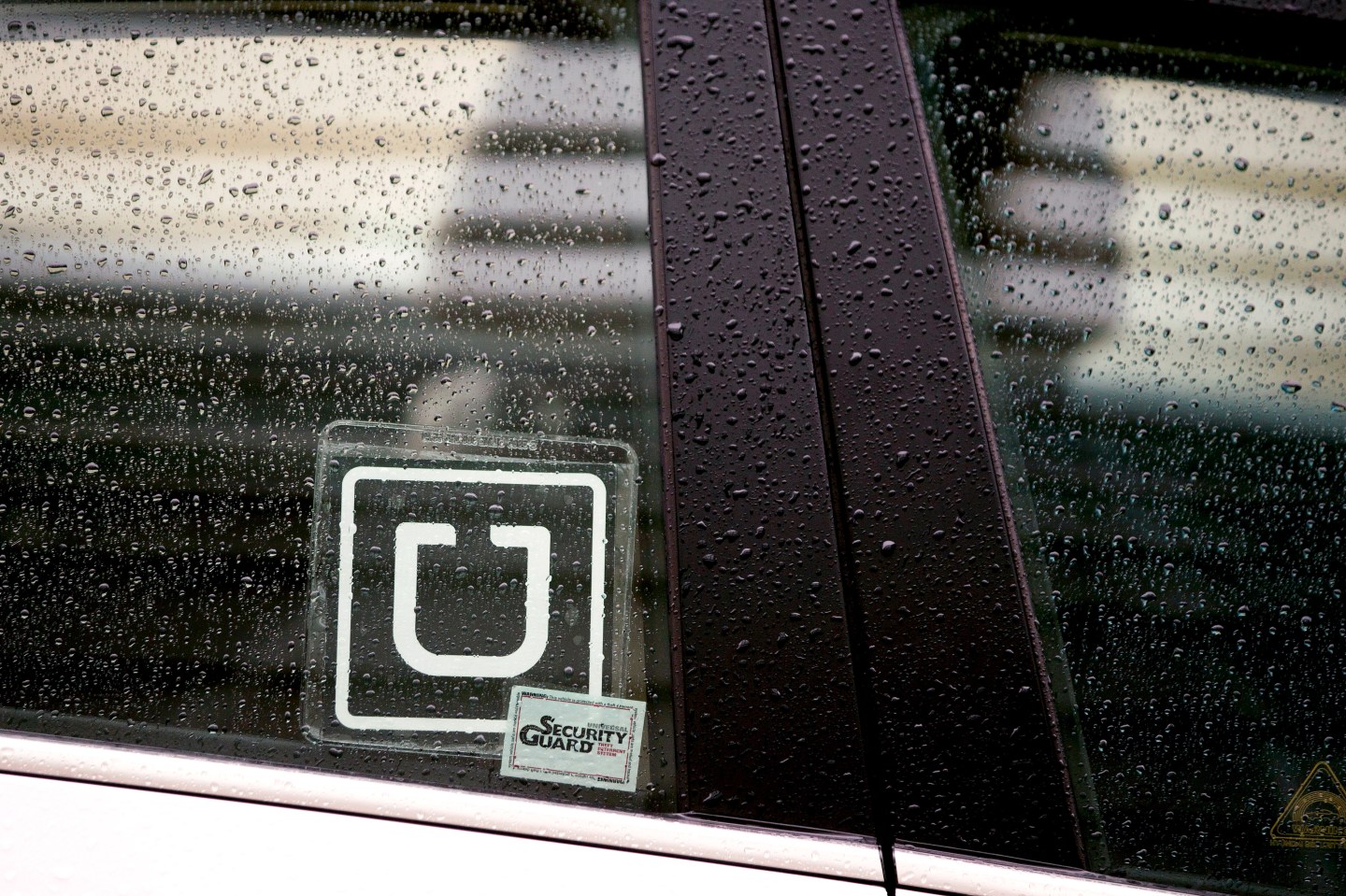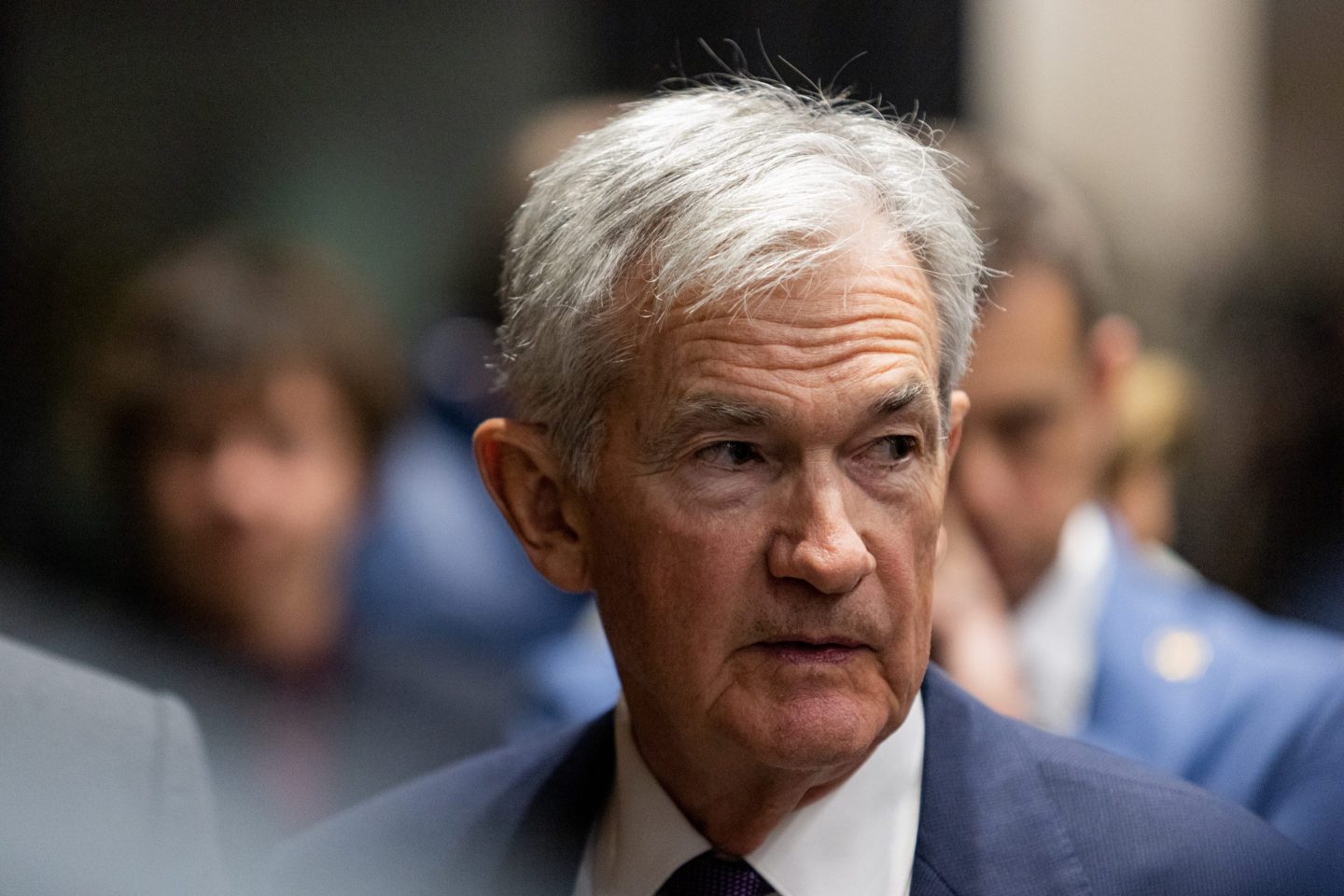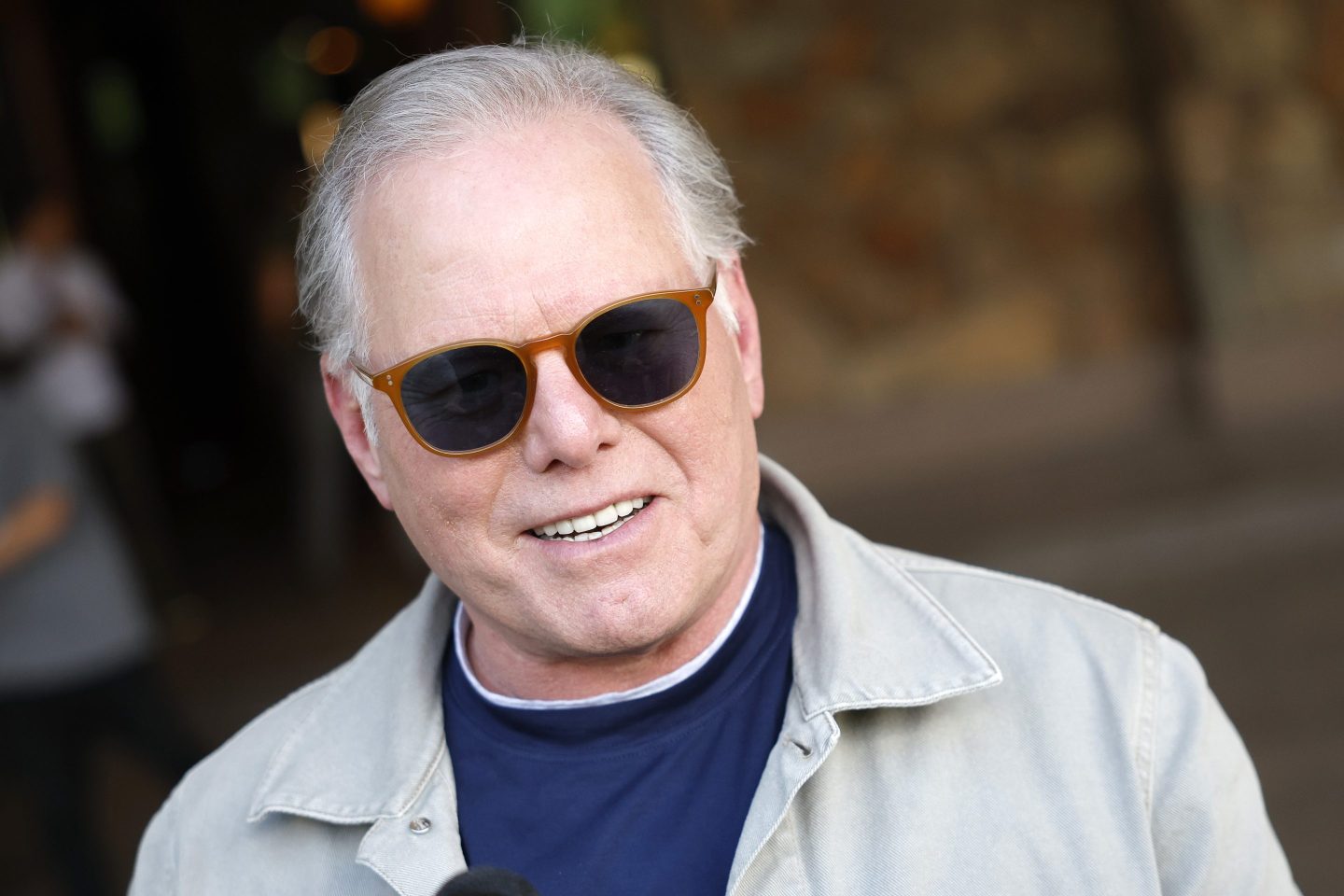Uber drivers are employees for which the company must pay social security contributions, a Swiss insurance agency has ruled, dealing a blow to the U.S. ride-hailing platform that says drivers are freelance contractors.
The California-based startup whose cab service has expanded worldwide stands accused in many countries of bypassing national labor protection standards and shunning collective negotiation with drivers who work on freelance terms.
Suva – which as a provider of Swiss obligatory on-the-job accident insurance helps decide which workers are freelance – found Uber Technology drivers are staff because they faced consequences if they did not meet Uber rules and could not set prices and payment terms independently, the broadcaster SRF reported.
That’s similar to the logic of a ruling in the U.K. last year, which also laid down that drivers were eligible to holiday pay and the national minimum wage (the latter having become more relevant since Uber raised its commissions on fares to 25% from 20%). High Court Judge Anthony Snelson had at the time criticised Uber for its “fictions, twisted language and even brand new terminology,” dismissing its core arguments as “faintly ridiculous.”
SRF cited an appeal ruling in one driver’s case it said it had seen. Suva was not immediately available for comment.
Labour representatives hailed the ruling, but local Uber boss Rasoul Jalali pointed out to SRF that the Suva decision was not the final word.
“If we cannot find an agreement with Suva, we will have to rely on the courts,” he said.
Founded in 2009, Uber has taken the world by storm but come up against opposition too.
Various services it has proposed have been banned in some countries and it faces numerous battles in U.S. courts over labor standards, safety rules and pricing policies that trigger fare surges at peak times.












